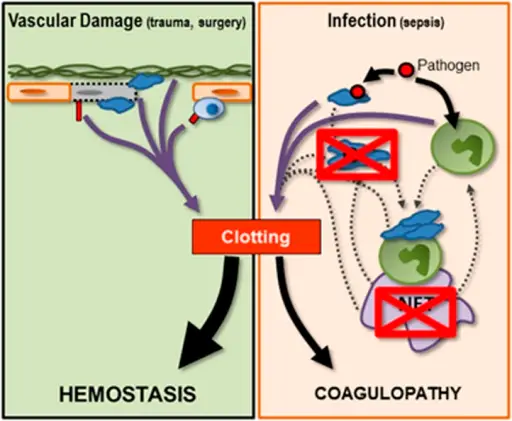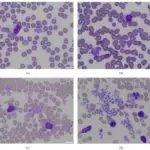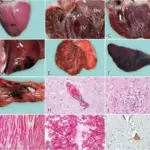Coagulation factor defects are abnormalities in coagulation factors that may alter the clotting process.
What is the Pathology of Coagulation Factor Defects?
The pathology of coagulation factor defects is:
-Etiology: The cause of coagulation factor defects is typically an inherited defect in the factor’s gene.
-Pathogenesis: The sequence of events that lead to coagulation factor defects are related to the specific factor that is defective.
-Morphology: The morphology associated with coagulation factor defects shows heavy and prolonged bleeding after an injury, bruising, and epistasis.
How do Coagulation Factor Defects Present?
Patients with coagulation factor defects typically are either male or female present at the age range of infants. The symptoms, features, and clinical findings associated with coagulation factor defects include bruising, and easy bleeding.
How are Coagulation Factor Defects Diagnosed?
Coagulation factor defects are diagnosed with specialized tests, and possibly genetic tests.
How are Coagulation Factor Defects Treated?
Coagulation factor defects are typically treated by replacing the defective factor with functional factors.
What is the Prognosis of Coagulation Factor Defects?
The prognosis of coagulation factor defects is good.



